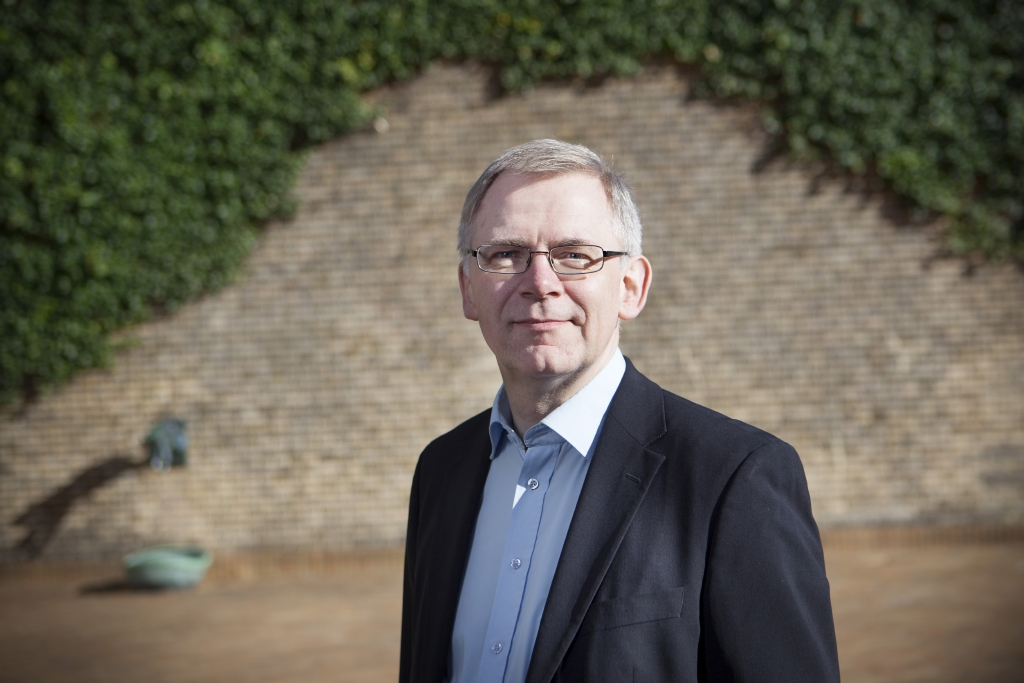Rector Bech Nielsen: There is a need for more involvement
The ministry has just released the results of an Epinion survey on employee co-determination and involvement in decision-making at the nation’s universities.

Even though the senior management team haven’t had a chance to read the report thoroughly yet, we can already conclude that the figures for AU are disappointing. The report shows that on average, there has been a slight decline in management’s perceived responsiveness to employees’ views and in employees’ perceived influence on management’s decisions at the country’s universities. Unfortunately, the figures for Aarhus University are lower than for the other universities, regardless of organisational level.
The situation is worst at university and main academic area level; at the level of studies administration and the departments in particular, the results are more in line with those from the other universities. As a management team, we must recognise that these results are unsatisfactory – no matter what major reforms and cutbacks the university has just been through.
And beyond a doubt: it is management’s responsibility to set this imbalance right. At a university, influencing decisions and processes and being listened to and included are decisive parameters that strengthen well-being, identity and job satisfaction – thereby improving the total result for everyone.
The expert group report is on the way
The results of the ministry’s survey are comparable to the results of AU’s psychological WPA in 2013. As we all know, this led to the launch of local action plans focussing on such initiatives as more visible management at all levels. These initiatives are now being implemented.
Just before Christmas, the senior management team commissioned an internal problem analysis. An expert group and analysis panel have been tasked with analysing and making recommendations on such issues as accessible management, employee and student involvement and administrative support. The expert group’s report will soon be complete, and it will provide the foundation for the senior management team’s proposed adjustments, along with the comments of the analysis panel. The proposal will be made available for internal consultation by staff and students in late August before a final decision is made. We hope that this initiative will contribute to ensuring a higher degree of student and employee involvement and dialogue between managers, employees and students. And I hope that all of you will contribute to this process for the benefit of Aarhus University.
Longer deadlines and earlier involvement
At the most recent seminar for the senior management team and the academic councils, there was widespread agreement that it is necessary to involve the councils more and earlier in the most important processes before decisions take form. The many external reforms and new administrative initiatives that the universities have been required to submit opinions on by the ministries, often with short consultation deadlines, are a major challenge in this context. But the same tempo is not required for our own internal processes. We have to slow down the pace of our decision-making processes if we are to ensure the councils have acceptable working conditions.
At present, the councils function as consultation bodies rather than idea generators, and there is a need for better feedback on how the councils’ consultation responses are incorporated in to the final consultation responses to ministries and the like.
The role of managers at all levels is to take responsibility and make decisions – both popular and unpopular. But the new survey makes it very clear that we have to get better at listening to and involving our employees in a timely fashion – and not least, that we have to get better at acknowledging the efforts of those who take the time to make their opinions known. This applies not only to the advisory bodies, but to all of those who express their opinions, for example in debate forums and on the staff sites.
At a university, productive collaboration happens when employees, students and managers think out loud, so that we can develop the best solutions together.
Rector Brian Bech Nielsen